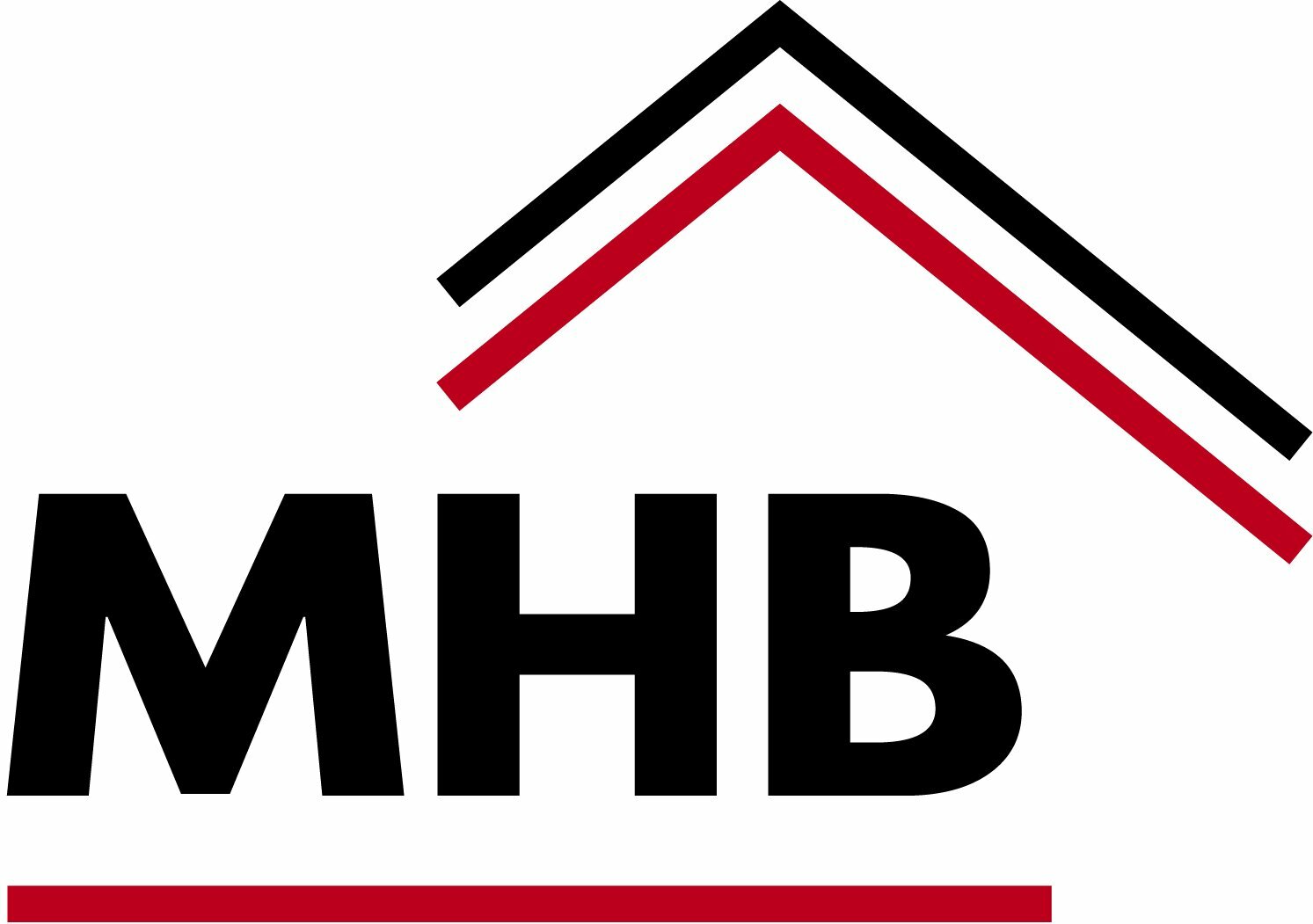
Effective Ways to Prevent Foreclosure- Facing the threat of foreclosure can be overwhelming, leaving you feeling vulnerable and uncertain about the future. As a homeowner, it’s crucial to take proactive steps to protect your investment and secure your family’s stability. With states like Illinois experiencing high foreclosure rates, understanding your options is more important than ever.
I’ve learned that educating yourself on foreclosure prevention can make all the difference. By exploring various strategies, such as cutting back on non-essential expenses and avoiding costly for-profit foreclosure prevention companies, you can redirect resources toward your mortgage. It’s also vital to familiarize yourself with available programs like the Home Affordability Refinance Program and forbearance options.
Taking control of your financial situation starts with communication. Reaching out to your lender and staying informed about your mortgage rights can help you make informed decisions. By staying proactive and informed, you can navigate this challenging time with confidence and keep your home.
Understanding Foreclosure
Foreclosure occurs when a lender takes possession of a property due to unpaid mortgage payments. It’s essential to understand the process to navigate it effectively.
Causes of Foreclosure
Various factors can lead to foreclosure. Job loss is one common cause, as it directly affects a homeowner’s ability to make payments. Divorce can also lead to financial instability, making it difficult to maintain mortgage obligations. High medical bills often impact financial situations, diverting funds from mortgage payments. A death in the family sometimes affects income levels or results in unexpected costs, further straining finances. Additionally, variable mortgage rates can increase, causing monthly payments to become unmanageable for some.
Consequences of Missed Mortgage Payments
Missing mortgage payments triggers critical consequences. Foreclosure proceedings generally start between three and six months after the initial missed payment. This timeline depends on the lender’s policies, but quick action is necessary for those at risk. A completed foreclosure means the homeowner loses the property and must vacate. Moreover, foreclosure negatively affects credit scores, with potential drops of 100 points or more, making future mortgage approvals difficult. Understanding the severe consequences emphasizes the need for immediate action when payments are missed.
Communication with Lenders
Connecting with lenders promptly when facing financial troubles can be crucial in preventing foreclosure. Lenders often prefer finding a solution to avoid the lengthy foreclosure process.
Importance of Early Communication
Initiating contact with lenders early increases the chances of negotiating favorable terms. If I fall behind on payments, proactive communication can help assess options like loan modifications or other assistance programs designed to alleviate immediate financial burdens. According to HUD, early contact reduces anxiety by clarifying misunderstandings or relief that may be available.
Working Out Payment Plans
Discussing customized payment plans with lenders can offer temporary or permanent relief. Depending on my specific financial situation, lenders might suggest forbearance or a structured repayment plan, which could include extending loan terms or temporarily reducing payments. Such arrangements ease financial stress and help stabilize my situation until regular payments can resume.
Exploring Financial Options
Homeowners facing the threat of foreclosure have several financial strategies to consider. These options aim to alleviate mortgage burdens, offering potential pathways to more manageable payments.
Loan Modification
A loan modification adjusts the terms of the mortgage to reduce monthly payments. Key changes might include lowering the interest rate, extending the loan term, or adding missed payments to the loan balance. This agreement permanently alters the terms of the original note, making it crucial for homeowners with temporary financial setbacks.
Refinancing Your Mortgage
Refinancing involves replacing the existing mortgage with a new one that has better terms. It’s ideal for those who remain current on payments but could benefit from a lower interest rate or more favorable terms. A new mortgage can decrease monthly payments or switch from an adjustable-rate to a fixed-rate plan, increasing payment predictability.
Forbearance
Forbearance temporarily reduces or pauses mortgage payments, providing short-term relief. It’s suitable for homeowners experiencing temporary hardships such as job loss or illness. During forbearance, payments are deferred but not forgiven, meaning arrangements will be needed later to cover missed amounts. Carefully discussing repayment with the lender is vital to prevent future financial strain.
Assistance Programs and Resources
Homeowners in crisis have access to several assistance programs and resources that can provide critical support. These programs often offer expert guidance and financial aid at little or no cost.
Government Programs
The United States Department of Housing and Urban Development (HUD) funds numerous services for homeowners at risk of foreclosure. HUD’s programs aim to provide comprehensive support by connecting individuals with approved counselors. These experts help homeowners understand legal options and mortgage rights, ensuring informed decisions during financial hardships. Participation in government initiatives like the Homeowner Protection Program can connect you with housing counselors and legal services without financial burden. Access these resources by calling the HOPP hotline at 855-466-3456.
Non-Profit Housing Counselors
Many non-profit organizations offer free or low-cost guidance to help homeowners prevent foreclosure. Approved counselors provide personalized advice on renegotiating loans and managing finances. The HOPE NOW alliance, available at 888-995-HOPE, consists of HUD-approved agents offering 24-hour assistance. HOPE NOW connects individuals with advisors who speak multiple languages, ensuring accessibility. For New Yorkers, a list of non-profit housing counseling agencies by county can be found on the DFS website.
Alternatives to Foreclosure
Exploring alternatives to foreclosure can provide viable solutions for homeowners in crisis. It’s essential to understand these options to make informed decisions and protect your financial future.
Selling Your Home
Selling your home can be a straightforward way to avoid foreclosure. You retain control over the process if you list the property with a real estate agent or opt to sell it yourself. Use the sale proceeds to cover the outstanding mortgage balance and any related costs. This option can prove beneficial if your home’s value exceeds what you owe, enabling you to cover all expenses and retain any surplus funds. Notifying your mortgage servicer about your intentions helps, even though you’re not required to do so.
Short Sale and Deed-in-Lieu of Foreclosure
A short sale involves selling your home for less than the outstanding mortgage balance. Although it requires approval from your mortgage servicer, it could be a feasible option if your home’s market value is below the loan amount. It’s crucial to negotiate the forgiveness of any remaining debt with your lender to avoid future financial obligations.
A deed-in-lieu of foreclosure allows you to transfer your home’s title to the lender voluntarily. This option can help avoid the foreclosure process and its credit impacts, but you’ll lose the home and any built-up equity. Before proceeding, confirm that your lender waives the remaining debt—the deficiency between the home’s value and what you still owe.
Protecting Yourself from Scams
Homeowners in crisis often fall prey to scams while seeking foreclosure relief. I focus on helping you identify scams and connect with genuine resources.
Identifying Foreclosure Relief Scams
Scammers frequently pose as legitimate housing counselors. Warning signs include requests for advance payments or promises to halt foreclosure, which are often fraudulent. Be wary of loan modification offers claiming to come from your mortgage company but directing payments to another address. It’s illegal for any company to charge upfront fees for mortgage relief services. Always question entities that guarantee stopping foreclosure, as such promises are usually scams.
Recognizing Legitimate Help Sources
Trustworthy assistance starts with your mortgage servicer or a HUD-approved counselor, offering free help. For-profit entities often charge hefty fees for services that legitimate counselors provide at no cost. The Consumer Financial Protection Bureau offers critical information on avoiding scams, ensuring you get help without falling victim to fraudulent schemes. Use reliable resources to protect yourself and make informed decisions.
Conclusion
Navigating the threat of foreclosure is undoubtedly challenging but with the right strategies and resources it’s possible to safeguard your home and financial future. By staying informed and proactive you can take control of the situation and explore viable options to prevent foreclosure. Remember that early communication with lenders and understanding available programs can make a significant difference. It’s crucial to seek help from legitimate sources and remain vigilant against scams that prey on vulnerable homeowners. With determination and the right guidance you can overcome financial hardships and protect your most valuable asset—your home.
Facing foreclosure? Myers House Buyers can help! Get a quick cash offer today to prevent foreclosure and move forward.

